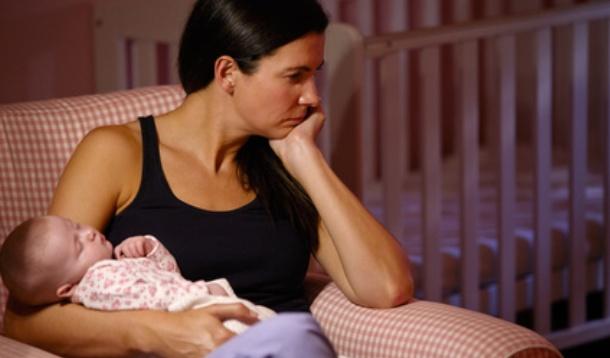
"Can we talk about depression triggered by weaning? I've never suffered from depression, but fear I may be. I heard it's really common after weaning but no one talks about it."
Depression CAN occur after weaning a breastfed baby. It is not well understood and is not often discussed.
Mothers tell us:
“The weaning process was very emotional for me. I cried just about every day. It was the kind of “down” that I couldn’t control or talk myself out of. It was overwhelming to know it was the end of something I had treasured so much.”
“I stopped breastfeeding when I found out I was pregnant again. I felt really sad and cried a lot because it was not easy on either of us. I didn’t realize you can continue to breastfeed during pregnancy. I feel really guilty. It kind of consumes me.”
Postpartum depression is known to affect 1 out of every 4 or 5 mothers. It doesn’t always begin immediately after birth, but can begin anytime in the first year. (Read more postpartum depression here.)
Is depression after weaning part of the postpartum depression continuum, or is it something separate? We aren’t sure. We do know that depressed mothers are at risk for discontinuing breastfeeding.
From a hormonal perspective, it makes sense. Breastfeeding stimulates the production of hormones such as oxytocin, also known as the "love hormone." In its absence, especially after abrupt weaning, mother’s mood may plummet.
Women wean their babies for a variety of reasons. Depression after weaning may, in part, be influenced by the reason for weaning.
Despite the reason for weaning, women may experience a sense of loss and grief. These feeling are usually short lived and subside within a few weeks. They can be exacerbated, however, if a mother feels she has ‘failed’ at breastfeeding.
If you are currently in the process of weaning, a gentle weaning approach, if possible, may be protective. Slowly eliminate one feeding every few days; allow yourself to be flexible with the timing.
Again, we aren’t sure. We do know that women with a history of depression are more at risk for both postpartum depression and post-weaning depression.
Not all women experience depression in the same way. Everyone’s journey is different. Women often describe feeling:
Women may also report:
Knowing that depression can occur after weaning is the first step.
Weaning is a change in the feeding relationship between you and your baby. Your emotional relationship will continue. It may look and feel differently, but it will continue to remain strong.